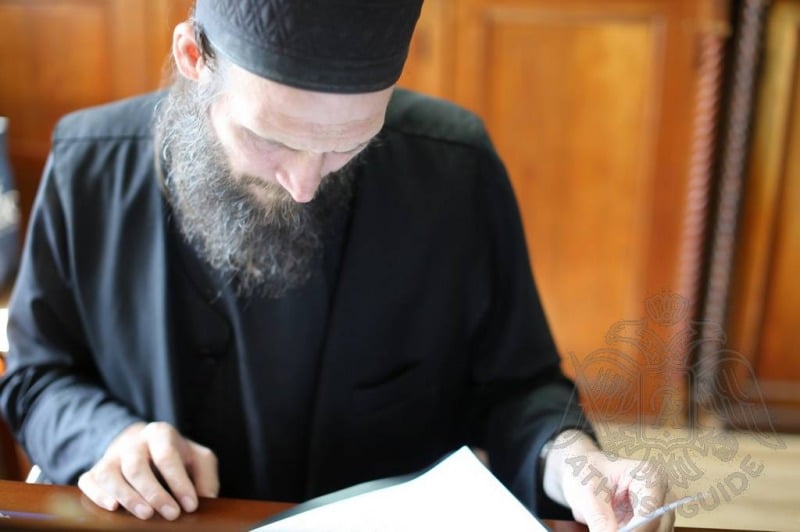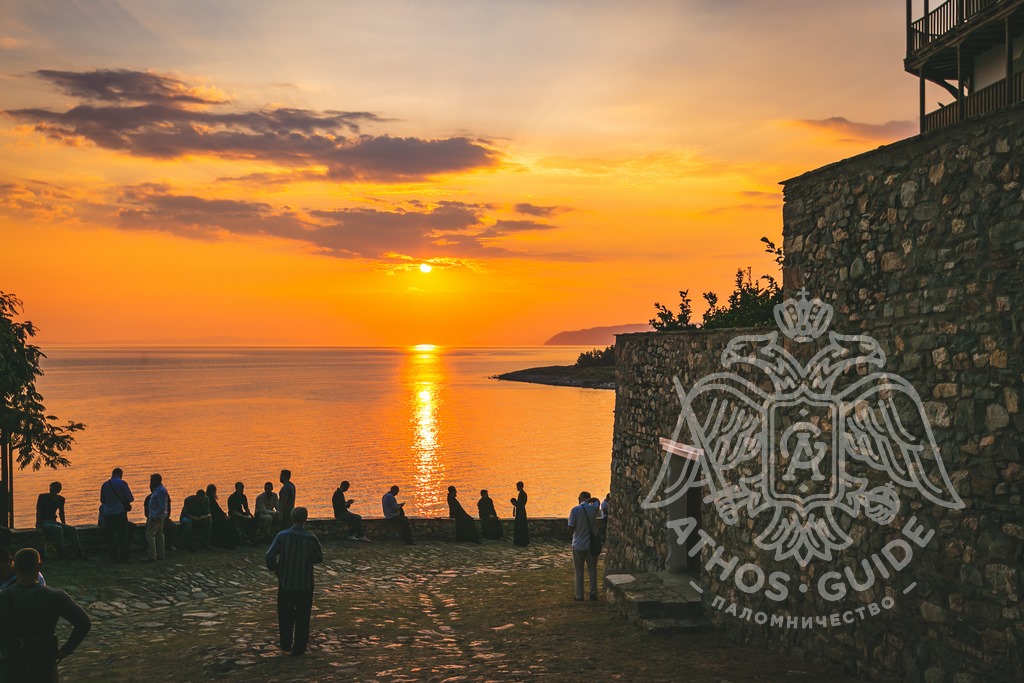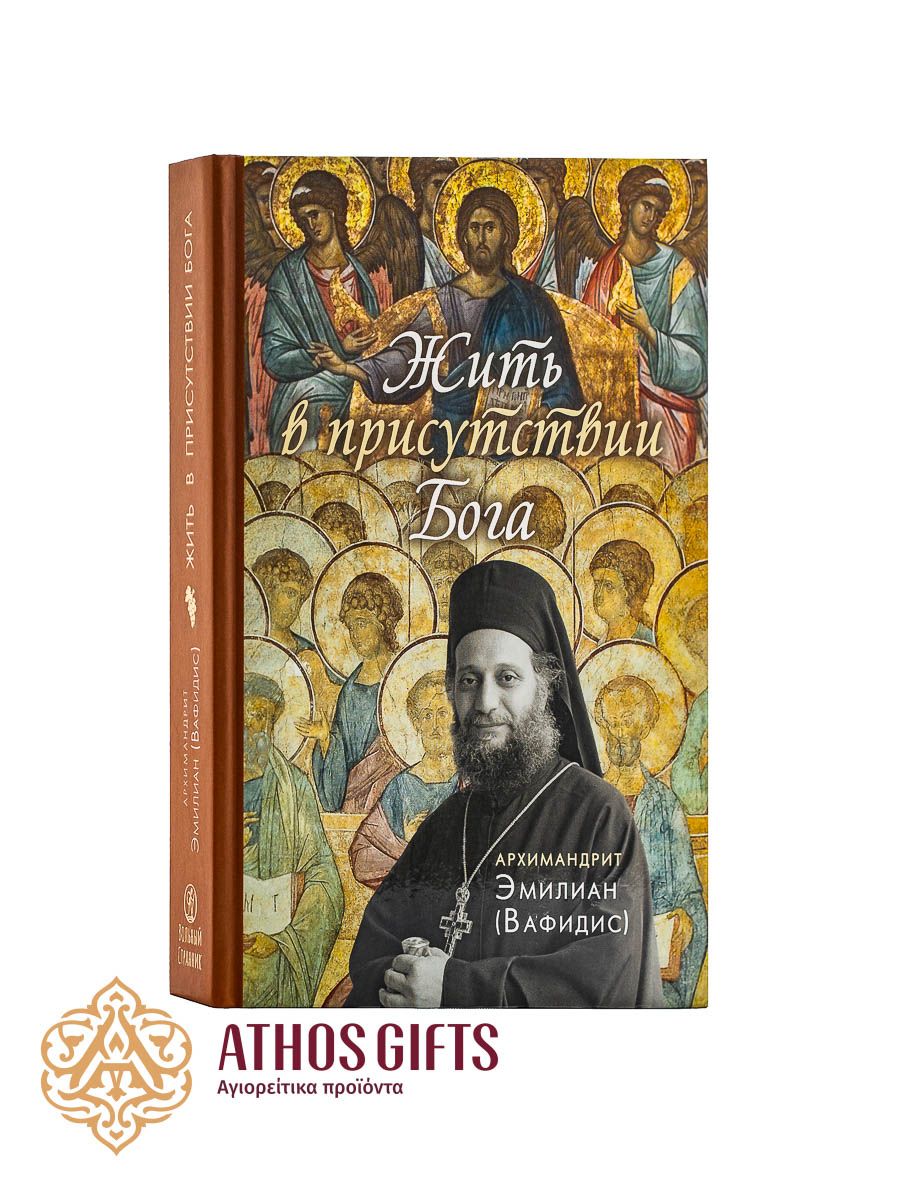
In modern times, humanity has a multitude of practical and theoretical tools at its disposal for our well-being and survival. However, the more comfort we have, the more our daily lives seem to be dominated by anguish and fear. Anxiety and depression are often referred to as "pandemics," indicating the frequency and intensity with which they occur in the life of modern man.
Of course, anxiety and the alertness of the mind which tries to anticipate situations or respond to present circumstances, are normal processes from which man cannot and does not need to be freed. Moreover, one's attitude toward stress may be influenced by biological factors that are probably beyond one's control. The science of psychology significantly supports and trains people in techniques of thinking over the unconscious processes that limit our perception and bind us to phobic approaches to reality.
However, according to the Holy Fathers of our Church, stress is not just a psychological phenomenon. It has spiritual roots related to the mentality of the individual, to our existential anxiety, and to the connection of our existence with God.
 Orthodox patristic theology offers a rich and profound analysis of anxiety, which is recognized as one of the most common psychological and spiritual problems of human nature.
Orthodox patristic theology offers a rich and profound analysis of anxiety, which is recognized as one of the most common psychological and spiritual problems of human nature.
The Source of Modern Man's Anxiety
The main source of modern man's anxiety is often cited as his need for control and imposition. The individual, having grown up in a very promising society, with infinite choices and endless possibilities, often cultivates a demand to define the conditions around him. Although we are provided with sufficient means to serve this purpose, its realization remains practically impossible. Man's mortality and fickleness make us constantly changing, perishable and finite beings.
Patristic theology, by interweaving human mutability with the perspective of holiness, proposes a less selfish and demanding model of life. It frees man from the need to repress his life and promotes openness to the blessedness of the economy of salvation.
The Faith in God's Providence
As Saint John Chrysostom points out, anxiety is born out of a lack of trust in God's providence. When man tries to rely solely on his own strength and abilities, he is inevitably confronted with his own limitations and the unpredictability of the future. Conversely, when the believer surrenders to God's love and providence, his anxiety is alleviated as he recognizes that his life is in the hands of his Creator.
Although the suggestion of deep tranquility and trust does not always seem to be an easy option, our Church emphasizes:
"... let us commit ourselves and one another and our whole lives to Christ our God."
.jpg) We therefore place our lives in the hands of Christ. We entrust all our cares to Him and are relieved of the burden of absolute control, as well as the responsibility that comes with it. As the elder Thaddeus of Vitovnica says,
We therefore place our lives in the hands of Christ. We entrust all our cares to Him and are relieved of the burden of absolute control, as well as the responsibility that comes with it. As the elder Thaddeus of Vitovnica says,
"I realized that we all worry too much about ourselves and that only the those who leave everything to God's will can feel truly happy, radiant and peaceful. [...] We must learn to lighten the weight of the thoughts that weigh us down. As soon as we feel a burden, we must turn to the Lord and entrust to Him our concerns, as well as the worries and concerns of our loved ones. I always lean my troubles on the Lord, as well as the troubles of those who come to me. I lean them on the Lord and the Blessed Mother of God, and they take care of everything. As for me, how can I help others when I cannot even help myself?" (Our thoughts determine our lives: Life and teachings of the elder Thaddeus of Vitovnica, Athens, 2015)
Thus, unable to define our life and existence on our own, we cry out in our
"All my hope is in you, Mother of God; protect me under Your roof."
"My hope is the Father, my refuge is the Son, my shelter is the Holy Spirit. O Holy Trinity, glory to You."
In this way, the fears and anxieties that require us to control everything subside. Divine providence receives our prayers and faith, and acts for the good of our souls. The will of the individual rests on trust in the will of God, who, like a father, takes his child and helps him to rise above corruption.
Although the anxiety of modern man probably has existential implications that would require a much deeper theological and doctrinal study, the decision to abandon a persistent, selfish, and ultimately meaningless intellectual fatigue is first and foremost liberating.
May the Blessed Virgin Mary cover and protect all our souls from the anxieties and spiritual exhaustion of the modern way of living.

